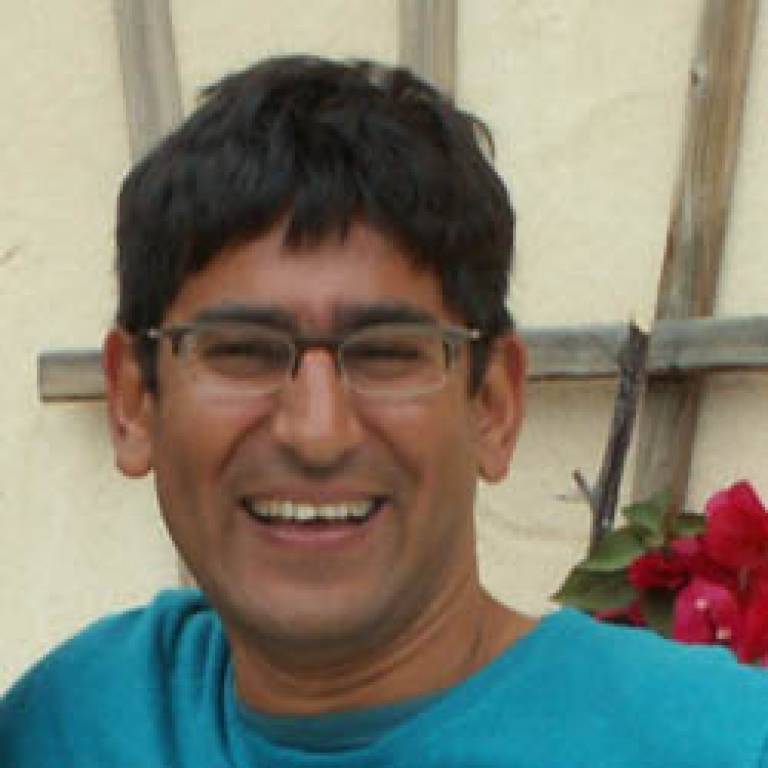UCL to lead 10 million euro HIV/AIDS research project
2 July 2008
Links:
 ucl.ac.uk/medicalschool/infection-immunity/" target="_self">UCL Division of Infection & Immunity
ucl.ac.uk/medicalschool/infection-immunity/" target="_self">UCL Division of Infection & Immunity
Professor Deenan Pillay, UCL Division of Infection & Immunity, has headed a successful bid for funding from the European Commission for a major international collaborative HIV/AIDS research project.
Under the Commission's 7th Framework Programme, 10 million euros have been awarded to CHAIN, (the Collaborative HIV and anti HIV Network), a programme encompassing 23 partners across Europe and Africa, including universities, biotechnology companies, and international organisations such as the World Health Organisation.
Professor Pillay, the project coordinator, outlined the rationale of CHAIN: "The life expectancy of HIV-infected individuals has been dramatically increased since the widespread use of antiretroviral therapy. However, in some instances, the viruses evolve to become resistant to these drugs, which compromise this benefit. In addition, such resistant viruses can then go on to infect others. As the HIV epidemic continues, and antiretroviral therapy is rolled out to resource poor areas of the world, the degree to which drug resistance will limit the potential success of therapy remains unknown."
He added: "The CHAIN programme aims to address the biology, epidemiology and clinical impact of drug resistance, and to devise new therapeutic and surveillance strategies to maintain the major benefit of treatment to infected individuals."
The UCL European Research and Development Office is currently negotiating the CHAIN Contract with the European Commission and Consortium members and it is expected that the Project will start at the beginning of 2009.
To find out more, follow the links at the top of this item.
|
UCL and Global Health One of UCL's Grand Challenges, Global Health is a theme that unites much work across the institution. UCL's status as a major multi-faculty university enables an interdisciplinary approach to global health issues. The university is involved in a range of collaborations with researchers around the world addressing a wide variety of endemic and epidemic diseases, including HIV/AIDS, tuberculosis and malaria. You can find out more about UCL's approach to tackling global health issues by visiting the UCL Global Health website. |
 Close
Close

